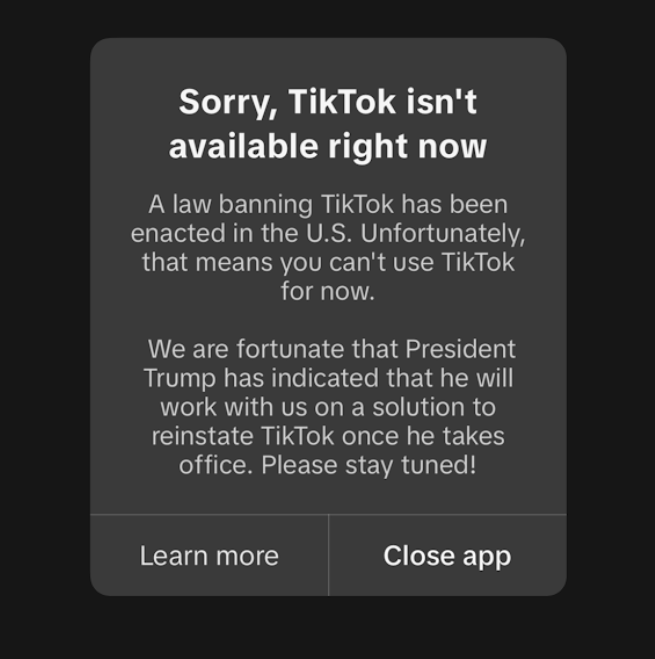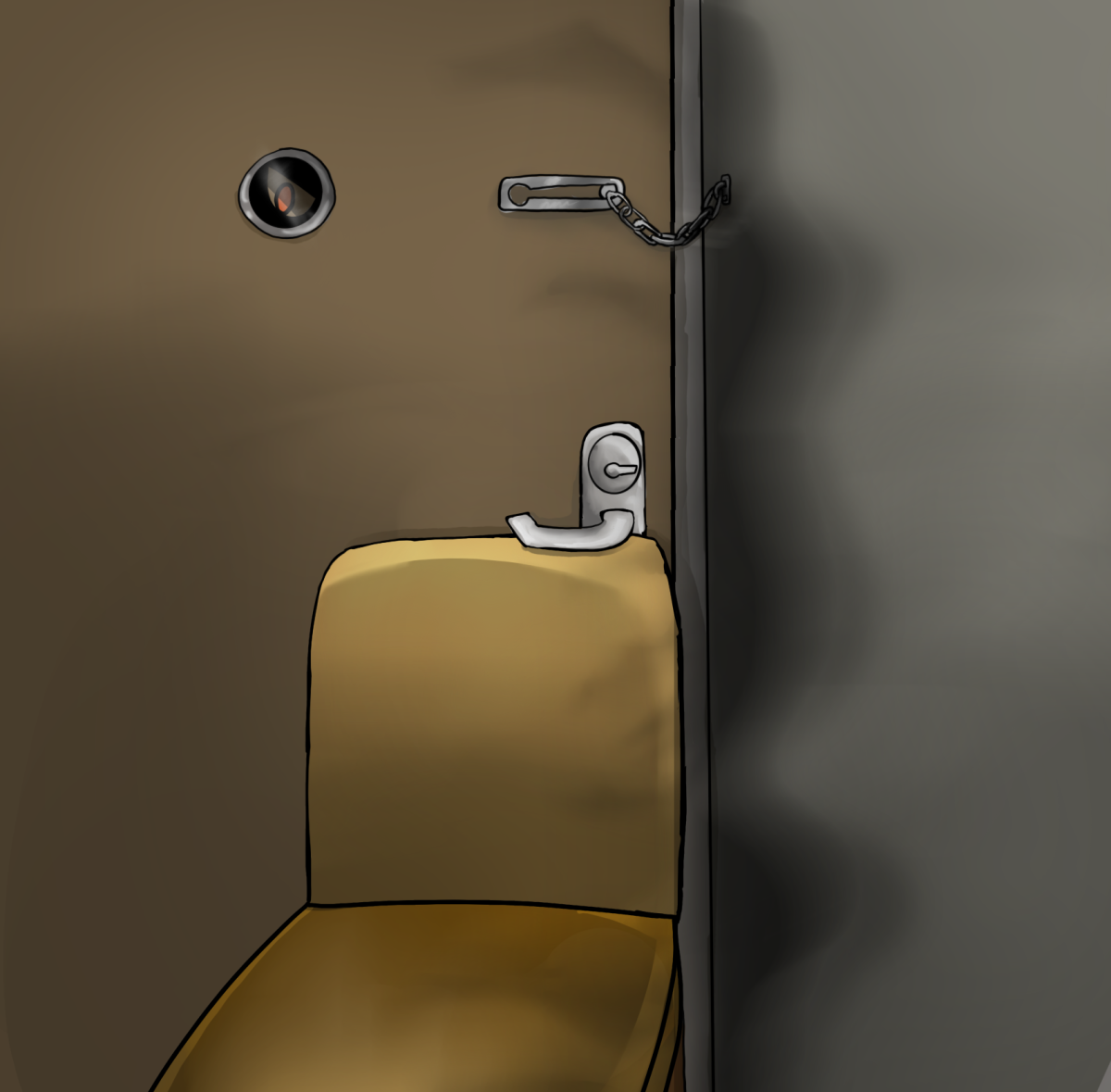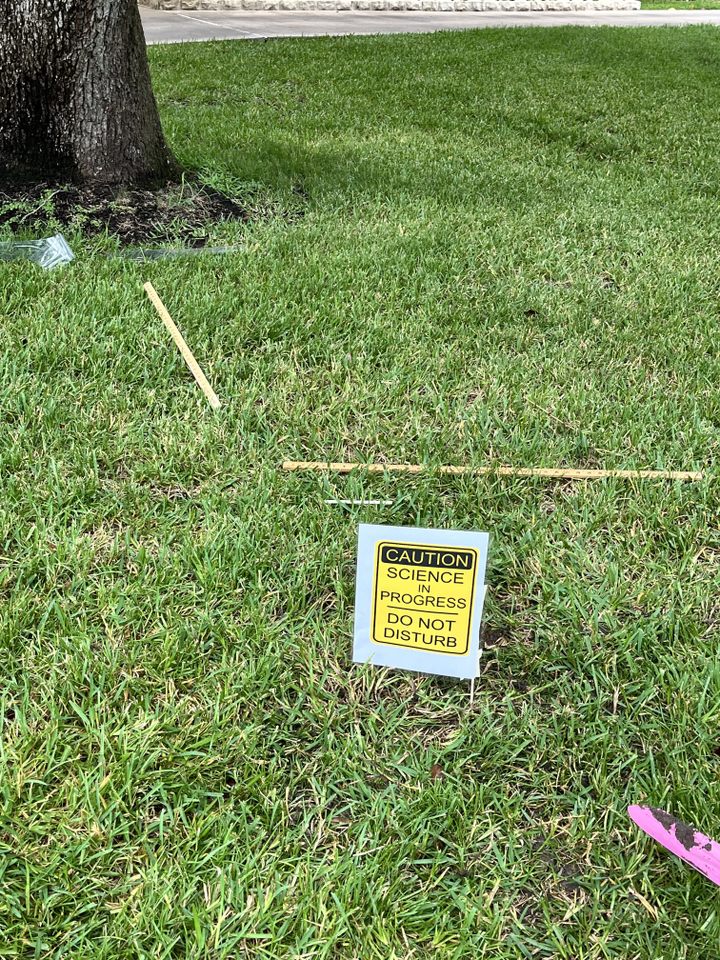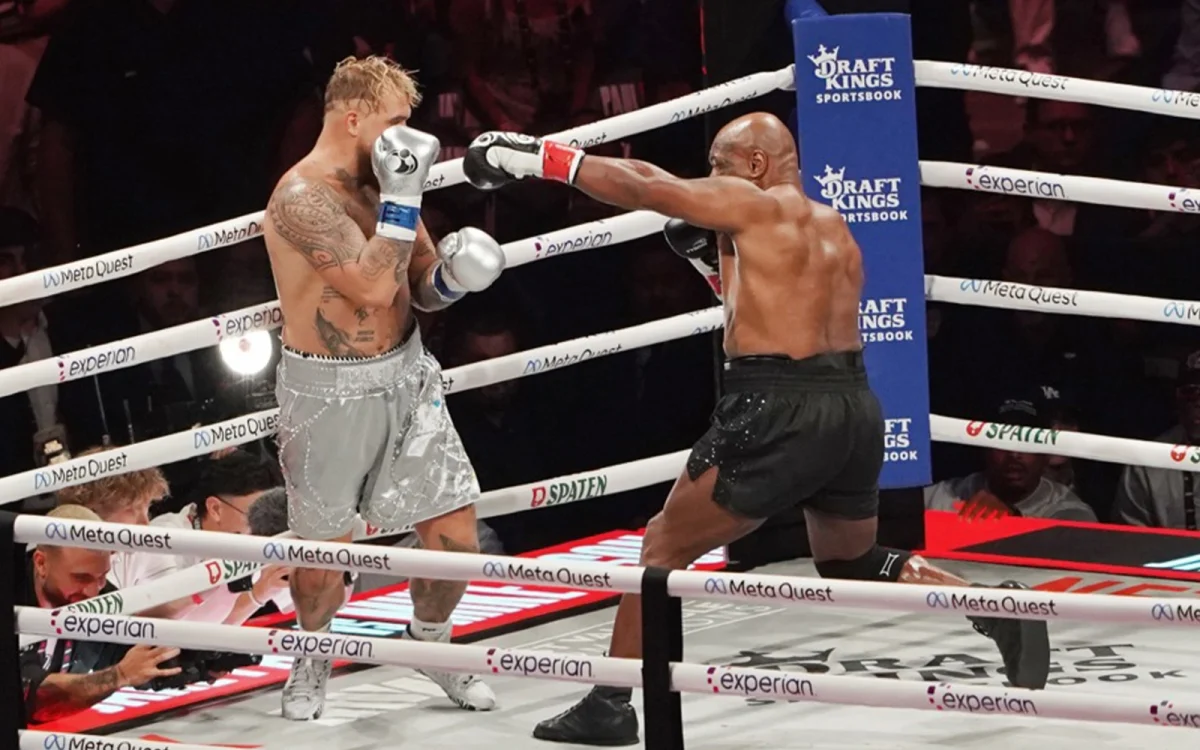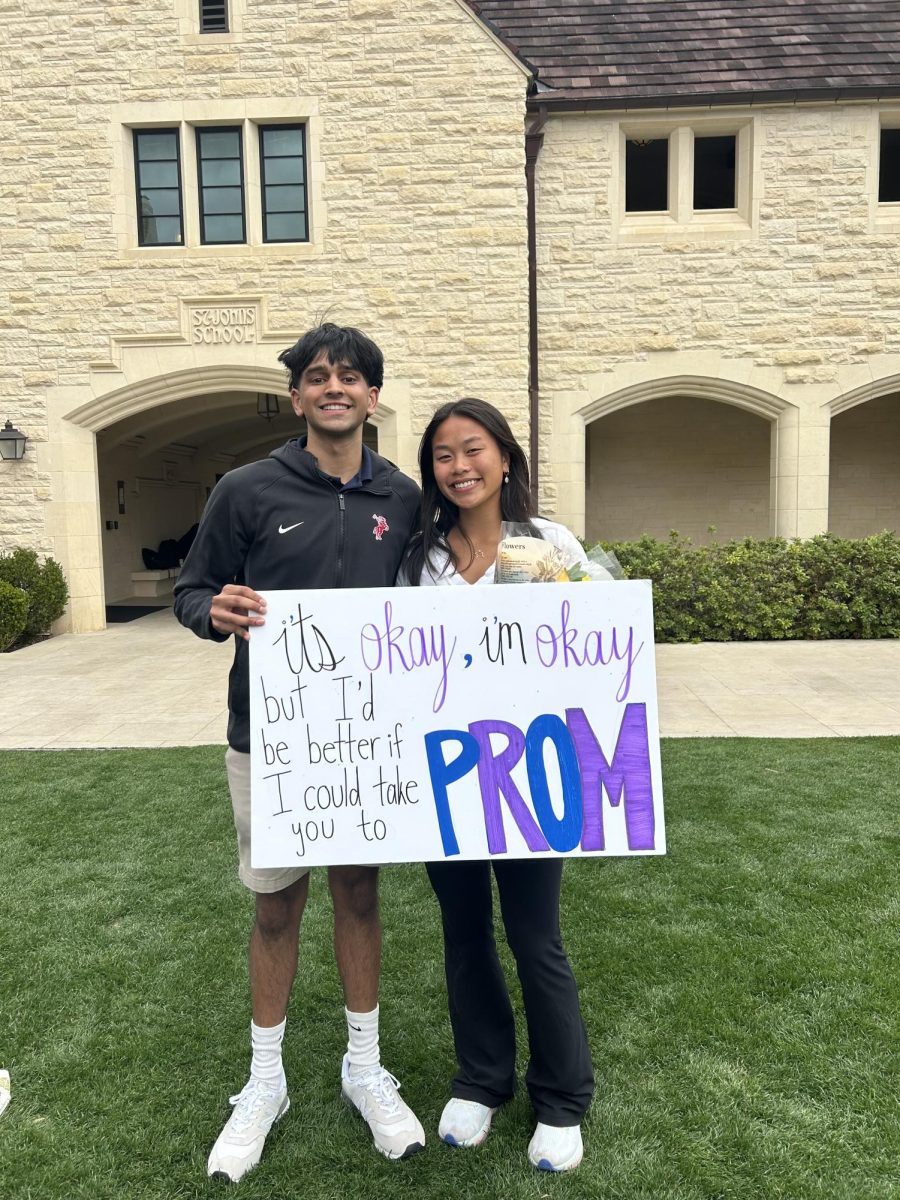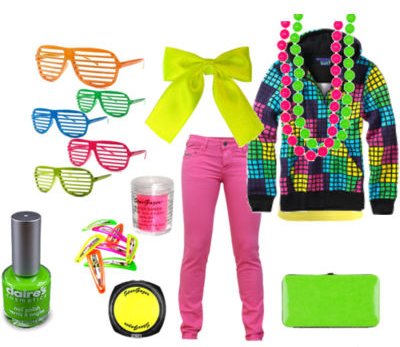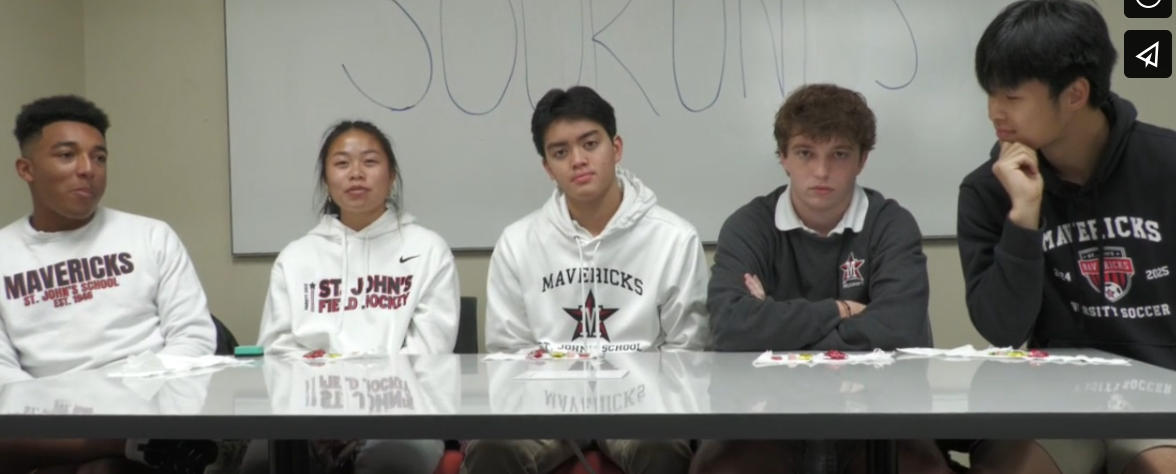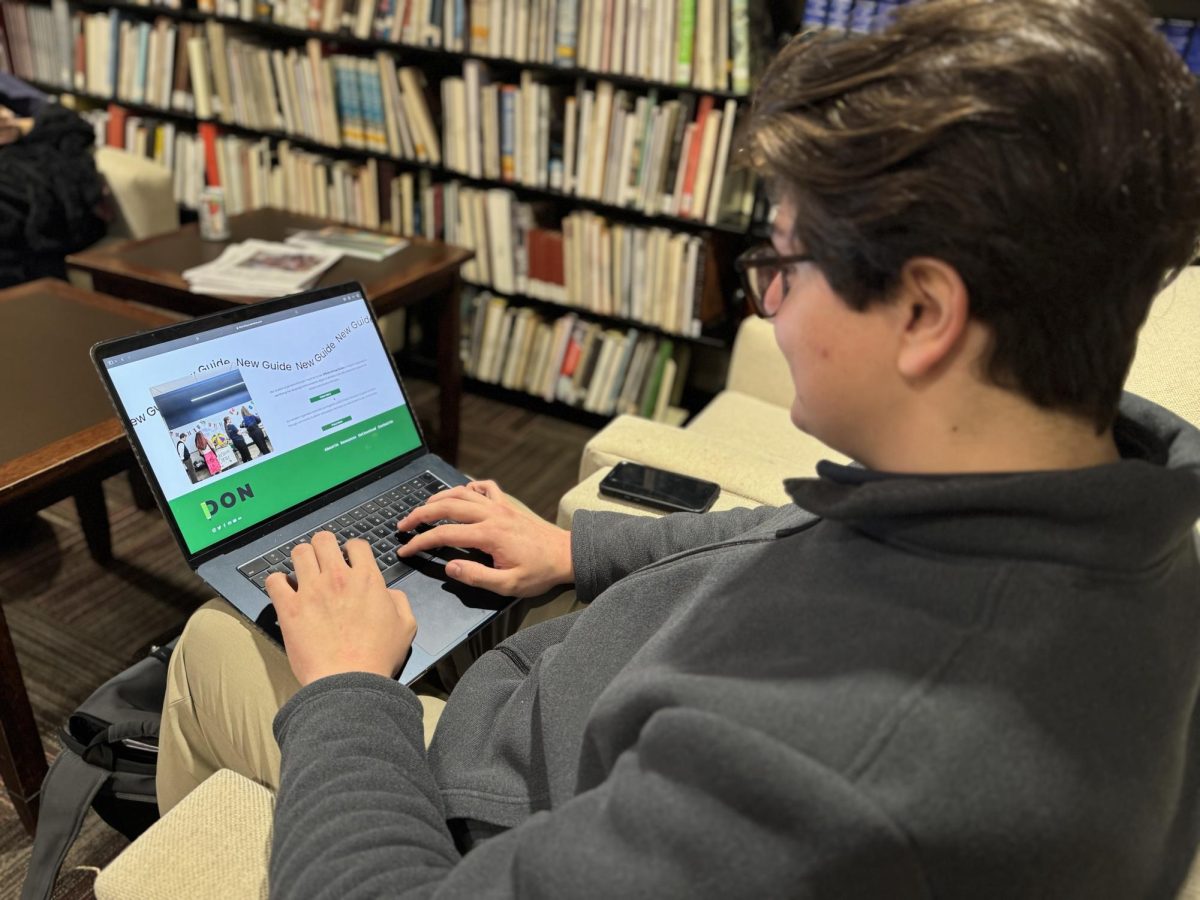Individuals who do not wish to be named have been kept anonymous.
Last month, a new law aiming to eliminate alleged Chinese interference in American social media resulted in millions of users flocking to Chinese social media.
The proposed ban on TikTok, later paused after the app had gone dark throughout the United States, caused viewers to download Xiao Hong Shu, a popular Chinese-owned lifestyle and wellness app, by the millions. By early January, Xiao Hong Shu — known as Red Note — was the No. 1 trending app for both Android and iPhone users.
“It’s so interesting that Americans moved to another Chinese app after being banned from a suspected app,” senior Emmelia Kuhl said. “This is such a form of protest and it’s a good thing to do.”
The order for TikTok’s parent company, ByteDance, to sell the app or shut it down for U.S. users was first proposed in 2020 by then-president Donald Trump. It was signed into law by former President Joe Biden last April. After TikTok appealed the ruling, the order was unanimously upheld by the U.S. Supreme Court.
Government officials cited security concerns as the reason for the ban, warning that the Chinese government might be collecting and sharing user data in ways “not well-aligned with American security interests.” According to its privacy policy, TikTok collects personal information, including location and media engagement — despite concerns, this policy is no different than those of American-owned apps such as Facebook, X, or Instagram.
“If there were true security concerns – and I can understand why there might be – I’d definitely want them to be laid out more clearly,” said English teacher Kristiane Stapleton. “My initial reaction was frustration because I felt as though the reasoning behind the ban felt disingenuous and performative.”
The nationwide ban began at approximately 11 p.m. CST on Jan. 19. American TikTok users were met with a message box stating that they could “unfortunately” no longer access the app but reassured them that the company would work with Trump, who was inaugurated the following day, “on a solution to reinstate TikTok.”
On his first day in office, Trump signed 28 executive orders, including one to postpone the TikTok ban for 75 days.
Meanwhile, TikTok can no longer be found in the app store. Phones with TikTok installed are being listed on resale sites like eBay and Poshmark, with prices reaching as high as $50,00.
Although users can currently access TikTok, Red Note has continued to grow in popularity, as many new users view the transition as a way to rebel against the U.S. government by giving away an even greater amount of data to another Chinese-owned app.
Stapleton finds this response uniquely Gen Z. “There is something about [this generation] that is so petty in a way that I enjoy,” she said.
According to Kuhl, Gen-Zers, who are already known for their distrust of authority, have lost faith in the government due to years of misinformation, especially concerning the representation of other countries. Many young people perceive the attempted ban as a restriction of creative expression.
“The government shouldn’t impose that upon people, especially when it’s silencing free speech,” said Upper School student Adella, not her real name. “People banning TikTok are scared of it because it doesn’t benefit them and threatens their power.”
As thousands of self-proclaimed “TikTok refugees” have flooded Red Note, they have encountered many familiar aspects of American social media, including a For You page, a like button, comment section, and follower profiles.
“It’s as if TikTok and Instagram had a baby,” said sophomore Grace Pan, who recently downloaded Red Note.
While Red Note shares similar features with TikTok, its purpose and protocol are different. Those who can read the terms and conditions (written entirely in Mandarin) will find that Red Note’s guidelines support the Communist Party of the People’s Republic of China.
China’s ruling Communist Party often censors topics such as LGBTQ+ issues, and many Americans have been shocked by the lesser freedom found on Red Note. Moreover, some users in China find the increasing number of Americans on the platform to be a nuisance, noting the influx of Western-centric videos.
Despite the initial concerns, the move to Red Note has fostered an unexpected exchange of cultures. Chinese users ask Americans for help with English homework while American users request assistance with math and science. With increased interaction, users from both countries have developed more accurate views of each other.
“A friend of my husband’s has been talking about how much more engagement he’s getting on Red Note,” Stapleton said. “He’ll just make dinner, and people will comment underneath, ‘Uncle, your cooking looks so great!’”
Red Note has also helped dispel myths surrounding Chinese citizens, who have historically been portrayed in American media as individuals living under an oppressive Communist dictatorship. Many American users have discovered that their Chinese counterparts can generally afford homes, high-tech cars, and high-end products.
Chinese users have seized the opportunity to find out whether the stories about the poor living conditions in the U.S. are real or Chinese propaganda, even asking if the images of homelessness and run-down public transportation were AI-generated.
An increasingly popular topic on Red Note is the “Letters from Lihua.” For decades, Chinese middle and high school students have been writing letters during English exams to an imaginary English-speaking pen pal on behalf of “Li Hua.” Often describing life in students’ hometowns or personal interests, these letters usually conclude, “I am looking forward to your reply.”
For years, these letters, which are addressed to Peter, Jennifer, or Amanda, have gone unanswered—until now. Former Chinese students and teachers have posted on the app, penning their responses to Li Hua’s letters.
Although Red Note currently remains a viable replacement, many still question the wisdom of banning an app like TikTok.
“TikTok in and of itself is not the problem, but how you use it is the problem: what you react to, save, comment on curates what you see and how you use it,” Stapleton said. “I actually use TikTok quite a lot in my Body Politic class. Specifically, when Beyoncé released her new ‘Cowboy Carter’ album, I followed a lot of music critics there.”
Like many users who use TikTok as a source of recent news, fun facts, and useful tips, Stapleton downloaded the app to relate to her students.
“I primarily use TikTok for current events because that’s all my feed is right now,” Adella said. “I read the news, but on TikTok, it’s very fast and easy to see stuff.”
TikTok provides a platform for millions of individuals to share their passions and interests. Junior Claire Adkins recently started a TikTok account dedicated to informing viewers about her Spanish-learning journey and how they can achieve proficiency.
Some viewers reached out to Adkins for advice, creating an international community of over 20,000 followers.
“I didn’t expect to receive this feedback,” Adkins said. “I just posted one video and it kind of went viral.”
Through its Creator Fund, TikTok pays content creators and businesses while allowing them to reach a wider audience.
“TikTok is a really easy way to make money, and a lot of people have made a livelihood,” Kuhl said. “Society has normalized being an influencer.”
Since the 14-hour shutdown, TikTok has been restored, and users have been as active as usual. However, the blip revealed a much deeper issue beyond where America will get funny cat videos: How much of one freedom are Americans willing to give up for another?



